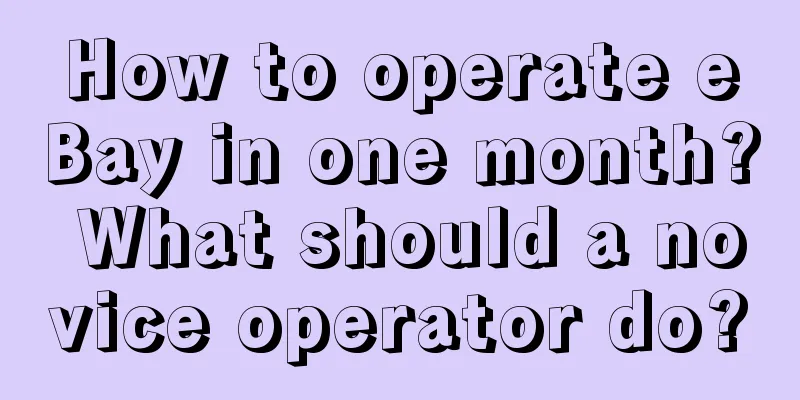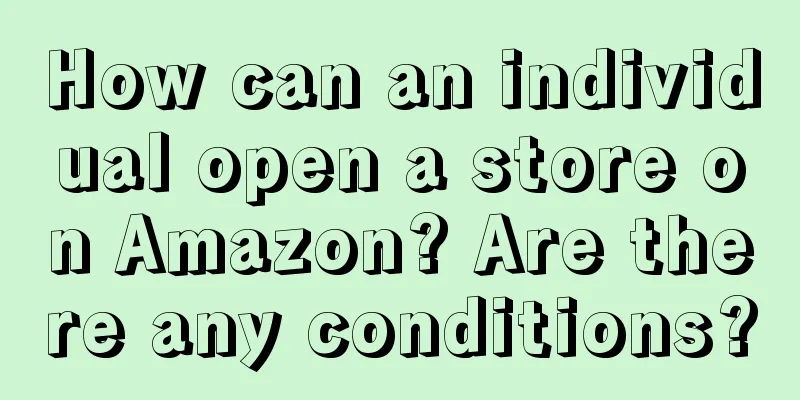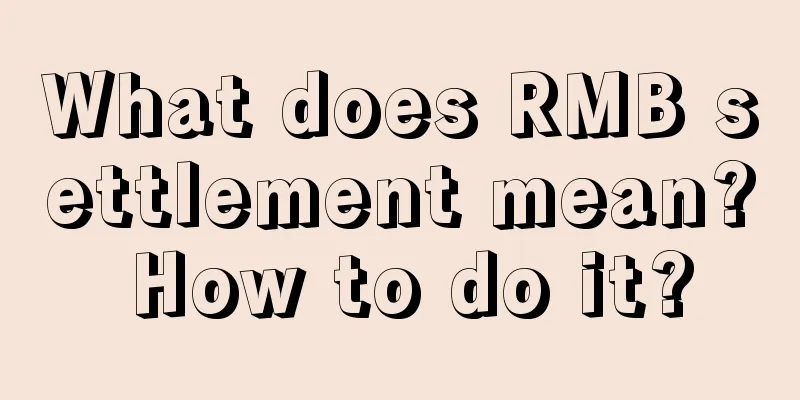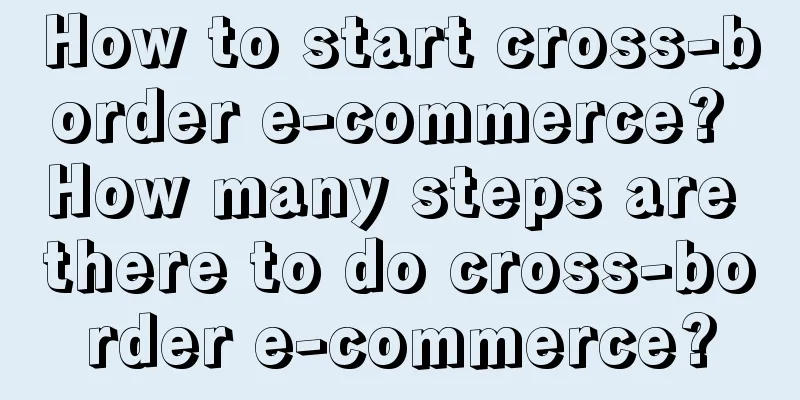What should I do if Amazon associates an unfamiliar store? What is association?

|
When you are operating a store on Amazon, you may find that your store is associated with an unfamiliar store. You don’t know this store. The consequences of association are very serious. What should you do if Amazon associates an unfamiliar store? 1. What should I do if Amazon associates an unfamiliar store? If we are judged to have a store association, we can contact the performance team to appeal. The solution is to keep the big store and let go of the small store. Generally, Amazon's store association closure means that your store is associated with a closed store. First, you can see if you can reopen the previously closed store (if you know this store, if it is associated with an unfamiliar store, just appeal directly). If it can be reopened, then we write to Amazon directly stating that both stores are ours and we choose to give up the small store. Then there will be basically no big problem. Check whether the store has been transferred since then. If the company or store has a transfer agreement before the store is closed, we can directly submit the transfer certificate to prove that the store belonged to us before, but it has been transferred and we no longer have ownership of the store. This method can also be used to solve the problem. 2. What does it mean that a store is associated? Amazon officially stipulates that the same person can only register one seller store on Amazon and cannot operate multiple seller stores; if Amazon's program algorithm believes that several accounts are operated by the same person, then these accounts will be deemed by Amazon to be related to each other. Account association is also divided into two categories: same-site association and different-site association. 1. Same-site association refers to the association between two or more accounts on the same site, while cross-site association refers to the association between accounts on different Amazon sites. 2. Same-site associations are more likely to result in penalties from Amazon than cross-site associations. In mild cases, the account owner may be required to close one or more of the accounts on his/her own. In serious cases, the Amazon system will automatically close all associated accounts. If Amazon is associated with an unfamiliar store, it must be resolved in a timely manner. Generally, the situation of being associated with an unfamiliar store is very likely that the two stores use the same network. Everyone must eliminate the possibility of association at the source. Recommended reading: Can Amazon association be saved? Are the buyer and seller accounts associated? What does Amazon association mean? How often do I need to be reminded to associate my account? How to upload Amazon related videos? How many steps are there to upload? |
<<: How to collect payment in Wish's no-source model? What are the models?
>>: Is Amazon related because of a single factor? Why is it related?
Recommend
What does Amazon infringement mean? What should I do?
Some Amazon sellers have been operating their own ...
Is it easy to do business in Germany and France on Amazon Europe? What is easy to sell on the German site?
Amazon has 6 sites in Europe, namely Germany, UK, ...
Is it easy to sell toys on Amazon? What are the requirements?
When you do business on Amazon, you must choose a ...
Why is the eBay buyer's account frozen? How to unfreeze the eBay account?
eBay, like AliExpress, is a popular cross-border e...
8 methodologies you must know to do Xiaohongshu, super easy
How to create good content on Xiaohongshu? How to ...
How to handle VAT in Europe when running an independent website? How to pay VAT?
There are still many merchants doing independent c...
Can e-commerce support the future of Xiaohongshu?
Xiaohongshu has been making frequent moves since i...
Douyin Live Service adds "free trial", how can restaurant owners make the most of their small investment?
As the restaurant industry faces global challenges...
Wild luxury camping has been popular for two years and remains popular: half rough and half refined!
What is the current status of camping, a trend tha...
How to open a store on Shopee without a business license? What qualifications are required?
Domestic e-commerce is relatively saturated, but c...
20 million fans can’t sell products, what’s the problem?
Since the popularity of drama accounts such as &qu...
This is the best template I have ever seen.
In the process of user operation, user churn is an...
From cost-effectiveness to quality-price ratio: How can brands win the favor of consumers?
Nowadays, consumers are becoming more cautious, fr...
"Western Selection" was quickly blocked! Why do fake anchors emerge in endlessly?
You can make money by looking like someone else, b...
Video Account’s 1 billion “ambition”: where does the confidence come from?
When it was first launched in 2020, Video Account ...









